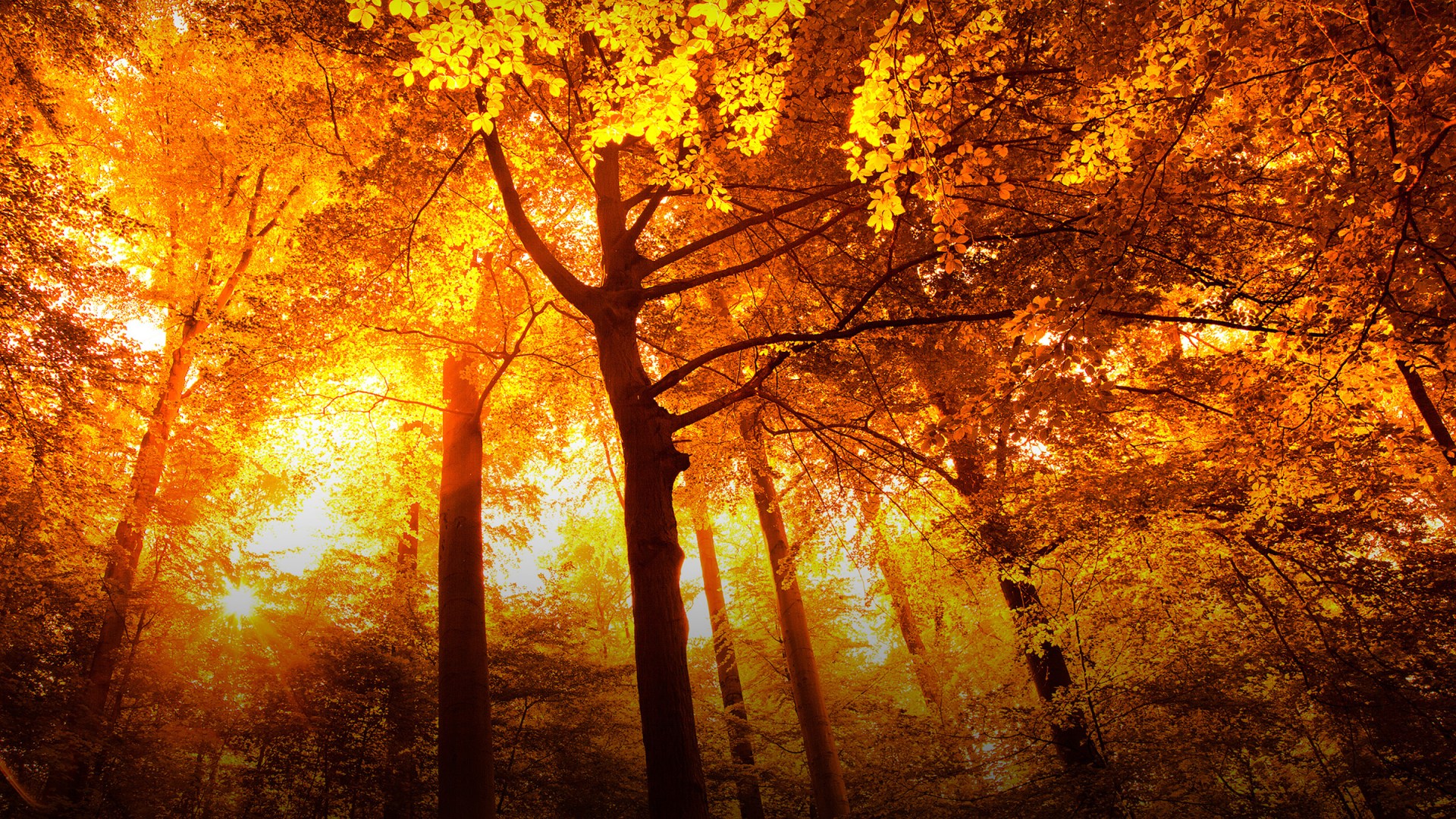Go, sit upon the lofty hill, And turn your eyes around, Where waving woods and waters wild Do hymn an autumn sound. The summer sun is faint on them, The summer flowers depart, Sit still, as all transform'd to stone, Except your musing heart.
How there you sat in summer-time, May yet be in your mind; And how you heard the green woods sing Beneath the freshening wind. Though the same wind now blows around, You would its blast recall; For every breath that stirs the trees, Doth cause a leaf to fall.
Oh! like that wind, is all the mirth That flesh and dust impart: We cannot bear its visitings, When change is on the heart. Gay words and jests may make us smile, When Sorrow is asleep; But other things must make us smile, When Sorrow bids us weep!
The dearest hands that clasp our hands, Their presence may be o'er; The dearest voice that meets our ear, That tone may come no more! Youth fades; and then, the joys of youth, Which once refresh'd our mind, Shall come, as, on those sighing woods, The chilling autumn wind.
Hear not the wind, view not the woods; Look out o'er vale and hill In spring, the sky encircled them, The sky is round them still. Come autumn's scathe, come winter's cold, Come change, and human fate! Whatever prospect Heaven doth bound, Can ne'er be desolate.
Elizabeth Barrett Browning (1806–1861) was one of the most celebrated Victorian poets. Her works ring with a rich faith, which she described as "not the deep persuasion of the mild Christian but the wild visions of an enthusiast."










